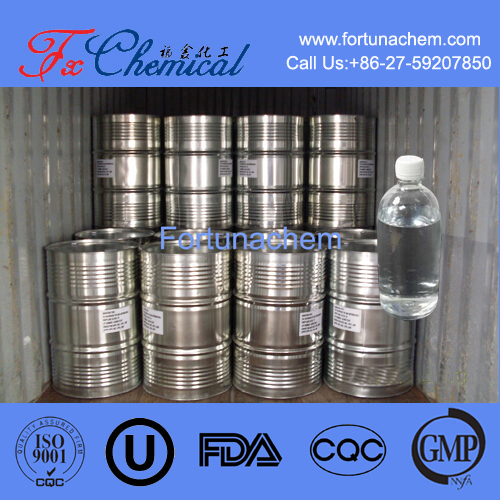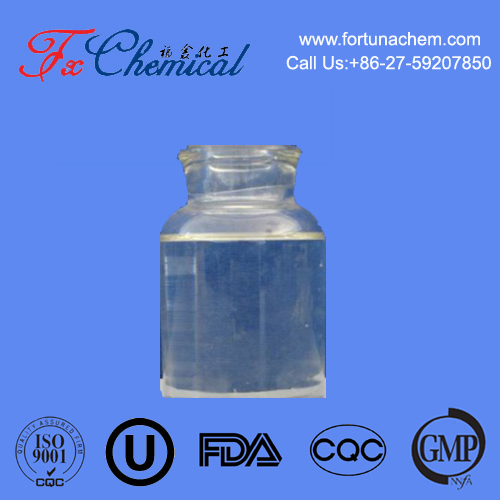
Search

Search

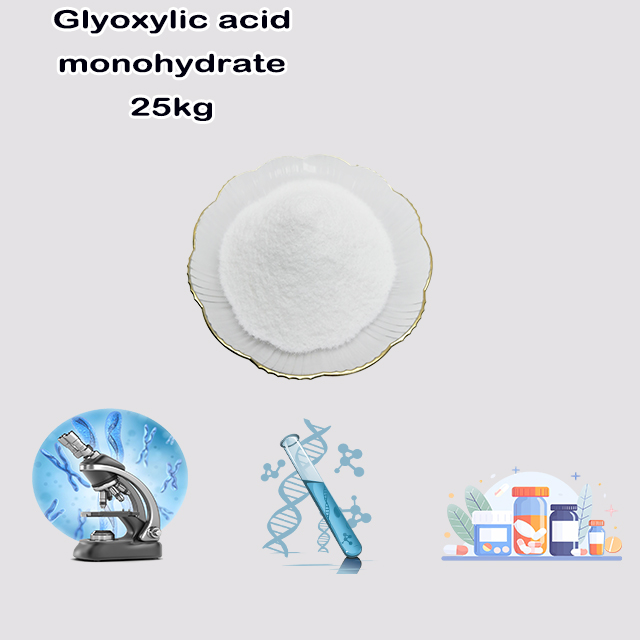
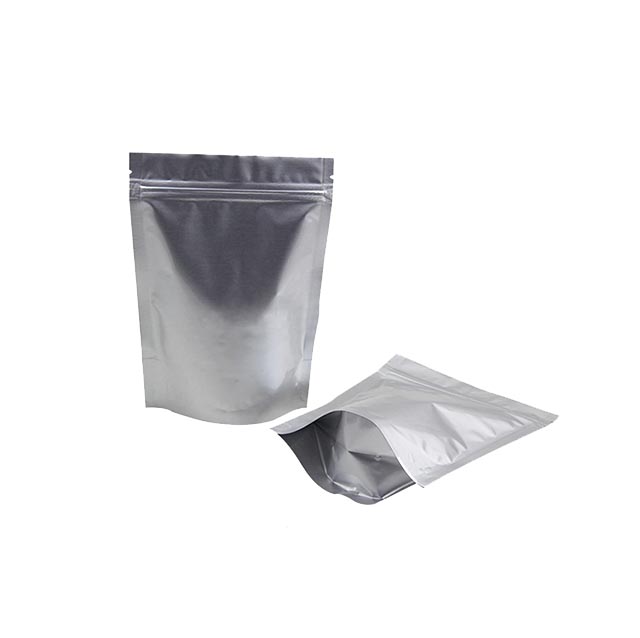
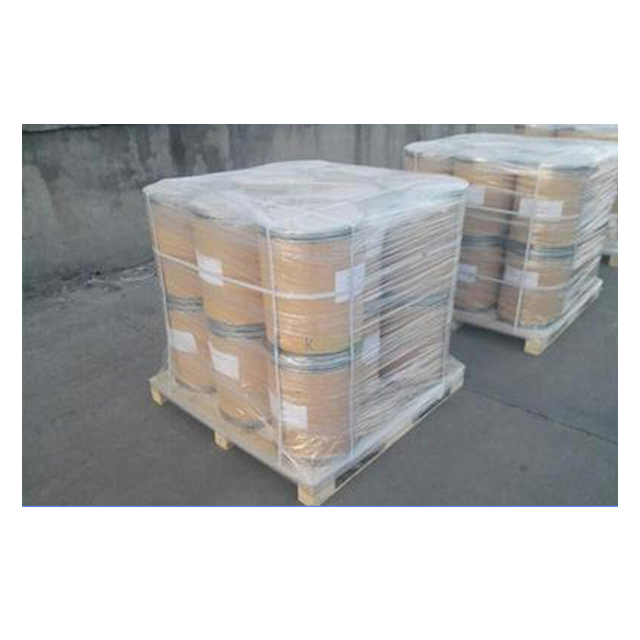
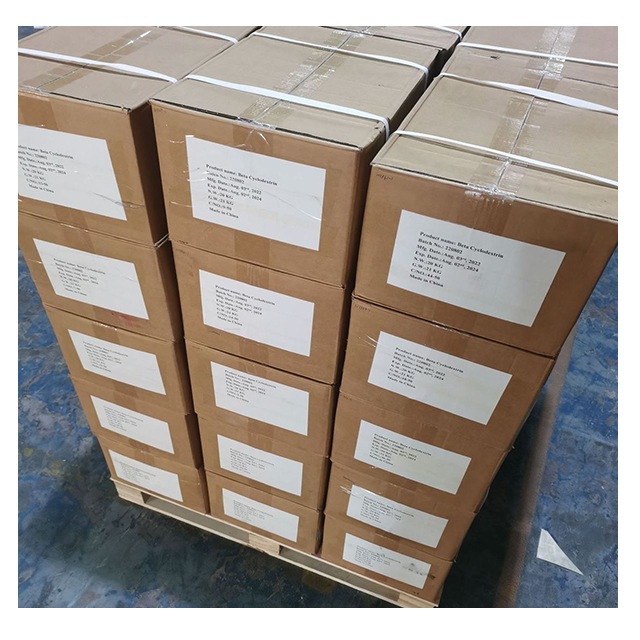




Glyoxylic Acid Monohydrate (CAS 563-96-2) is a white, crystalline compound with the formula C₂H₂O₃·H₂O. It is the hydrated form of glyoxylic acid, an α-keto acid containing a carboxylic acid and a ketone group. Highly water-soluble and acidic, it is used in organic synthesis (e.g., pharmaceuticals like allantoin, agrochemicals, and polymers) and niche cosmetic peels for exfoliation. Its reactive keto group enables condensation and nucleophilic addition reactions. Corrosive and hygroscopic, it requires careful handling (gloves, goggles) and storage in cool, dry conditions. Though less common than glycolic acid in skincare, it serves specialized roles in formulations.
Glyoxylic Acid Monohydrate (CAS 563-96-2): A Detailed Overview
IUPAC Name: Oxoacetic acid monohydrate
Chemical Formula: C₂H₂O₃·H₂O
CAS Number: 563-96-2 (monohydrate form)
Molecular Weight: 108.05 g/mol
Structure: An alpha-keto acid (keto group adjacent to carboxylic acid) with one water molecule of crystallization.
Appearance: White crystalline solid.
Solubility: Highly soluble in water, slightly soluble in ethanol.
Melting Point: ~50–52°C (monohydrate decomposes upon heating).
pH: Strongly acidic (pKa ~3.18 for the carboxylic acid group).
Hygroscopicity: Absorbs moisture from the air.
Pharmaceuticals: Precursor for drugs like allantoin (skin protectant) and vanillin (flavoring agent).
Agrochemicals: Used in herbicides (e.g., glyphosate intermediates) and plant growth regulators.
Polymers: Cross-linking agent in resins and adhesives (e.g., urea-glyoxal resins).
Chemical Peels: Acts as a keratolytic agent, promoting exfoliation (less common than glycolic acid but used in specialized formulations).
Enzyme Studies: Substrate or inhibitor in studies of glyoxylate cycle enzymes.
Reactivity:
Undergoes nucleophilic addition (e.g., with amines to form Schiff bases).
Participates in condensation reactions (e.g., with urea to produce hydantoin).
Stability:
Sensitive to heat, light, and oxidation.
Store in cool, dry conditions (see storage guidelines below).
Hazards:
Corrosive: Causes skin/eye irritation (wear gloves, goggles).
Inhalation Risk: Dust may irritate respiratory tract.
Environmental Impact: Biodegradable but toxic to aquatic life at high concentrations.
Regulatory Status:
Listed under EU REACH regulations.
Cosmetic use is restricted (check local guidelines for concentration limits).
| Compound | Glyoxylic Acid | Glycolic Acid |
|---|---|---|
| Structure | α-keto acid (C=O adjacent) | α-hydroxy acid (OH adjacent) |
| Reactivity | More reactive (keto group) | Less reactive |
| Cosmetic Use | Exfoliation (niche) | Common in peels |
Store in airtight containers away from light and moisture.
Ideal temperature: 2–8°C (refrigeration recommended for long-term stability).
Commonly available from chemical suppliers like:
Sigma-Aldrich
TCI Chemicals
Alfa Aesar
Glyoxylic acid monohydrate is a versatile, reactive compound with broad applications in organic synthesis, agrochemicals, and niche cosmetic formulations. Its strong acidity and hygroscopic nature require careful handling, but its role as a precursor in pharmaceuticals and polymers makes it industrially valuable. Always verify regulatory compliance for specific uses.

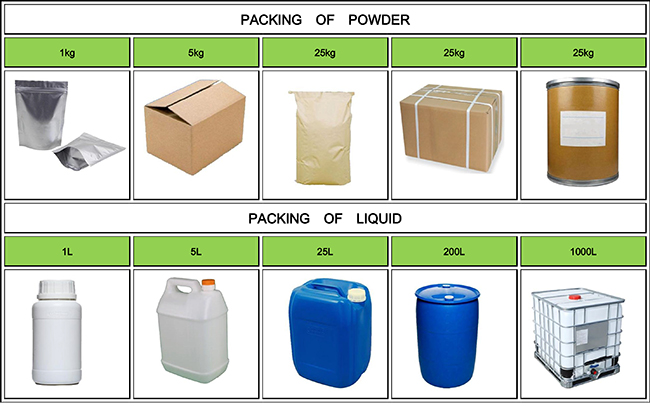
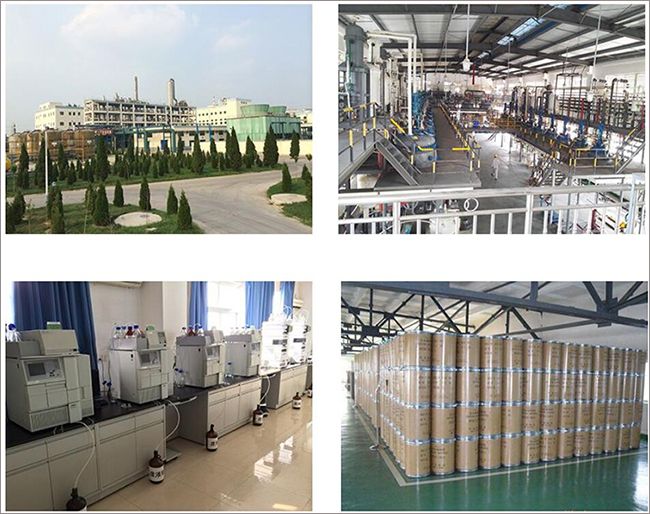

Fortunachem Provides Not Only Professional Chemical Products But Also Professional Help
Keeping you up-to-date with all the latest information, news, and events about Fortunachem!

Quick Links
Add:
E-mail:
 English
English  Español
Español  français
français  العربية
العربية 